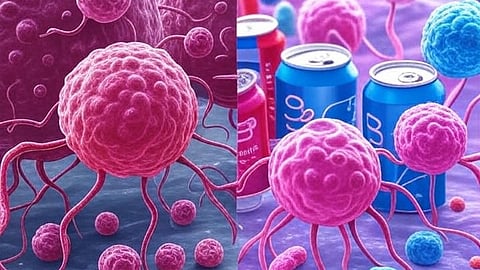Senior author Dr. Diwakar Davar emphasized that the results "raise the possibility of designing prebiotics, such as targeted nutrient supplementation for patients who consume high levels of sucralose.”
The researchers now plan to test citrulline supplements in clinical trials and study the impact of other sweeteners, including aspartame, saccharin, xylitol, and stevia, on immunotherapy outcomes.
References
1. U.S. Food and Drug Administration. Additional Information about High-Intensity Sweeteners Permitted for Use in Food in the United States. Last updated May 19, 2023. https://www.fda.gov/food/food-additives-petitions/aspartame-and-other-sweeteners-food
2. University of Pittsburgh School of Medicine, “Sucralose Could Make Cancer Treatment Less Effective,” UPMC Hillman Cancer Center News, July 31, 2025. https://www.medschool.pitt.edu/news/sucralose-could-make-cancer-treatment-less-effective?utm_source=chatgpt.com
(Rh/Eth/ARC/MSM)


